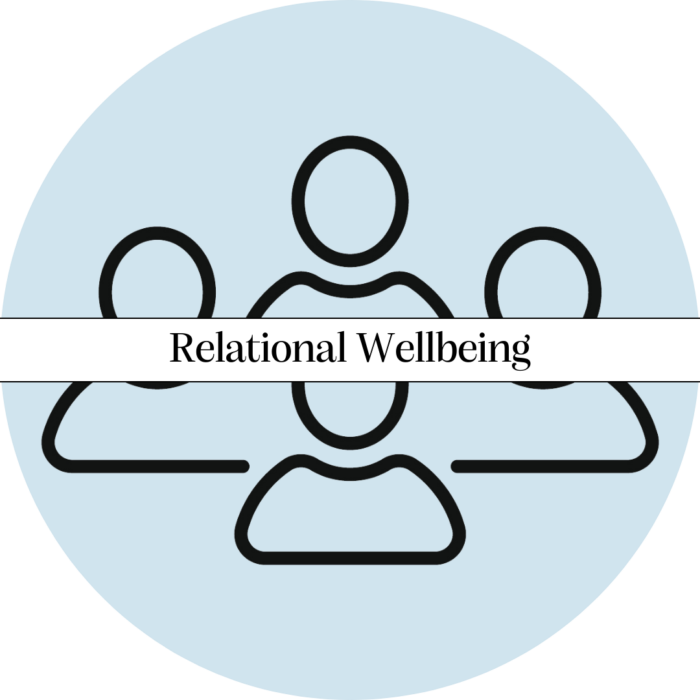
The Jubilee Community Centre is a 44,000 square feet building in East Grinstead, bought and refurbished by the generosity of church members, which not only meets the needs of all church activities but also provides a modern and flexible resource for the local and business communities.

